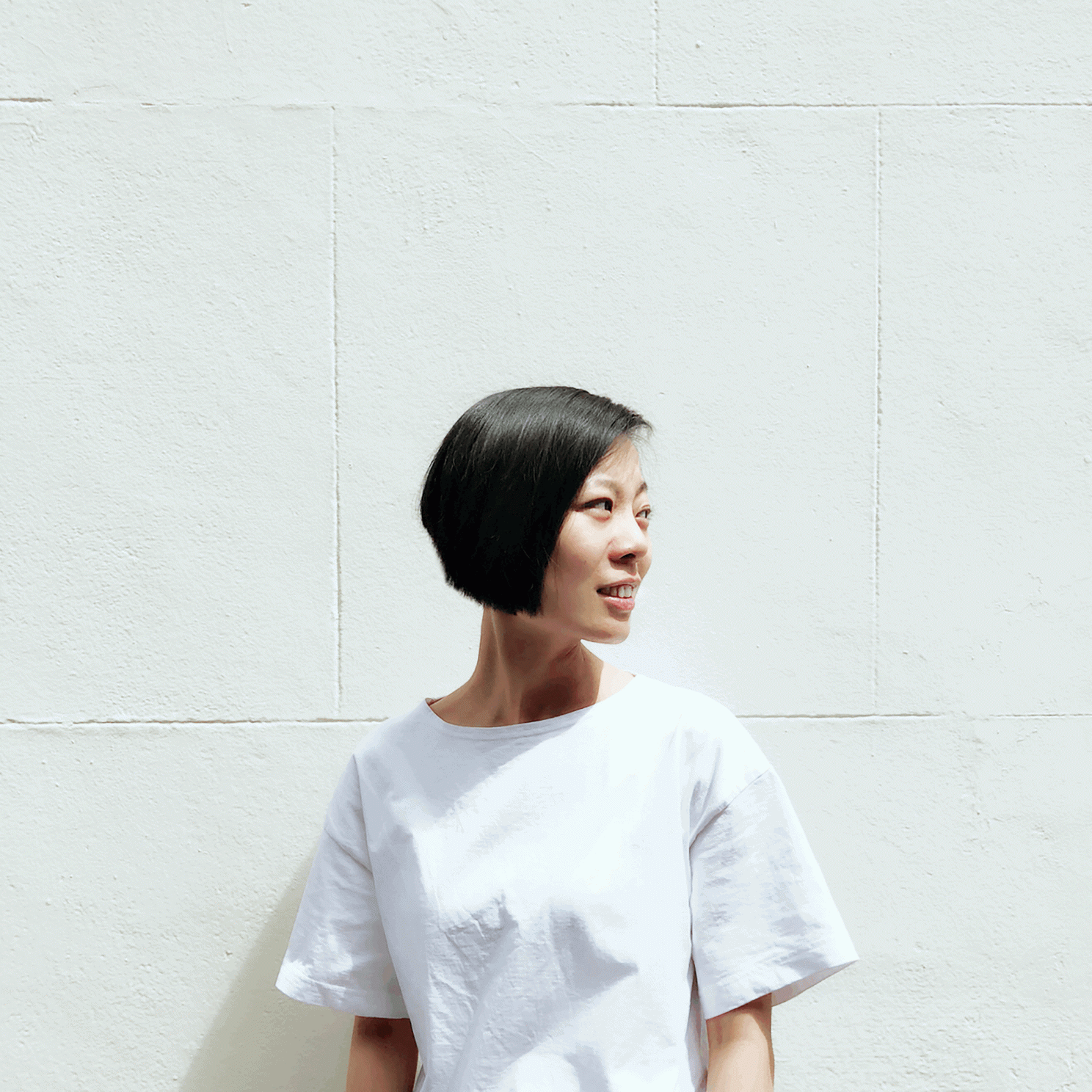Jingru Cheng wins 2023 Wheelwright Prize for ‘Tracing Sand’

Jingru (Cyan) Cheng, winner of the 2023 Wheelwright Prize.
Harvard University Graduate School of Design (GSD) has named Jingru (Cyan) Cheng the winner of the 2023 Wheelwright Prize, a $100,000 grant to support investigative approaches to contemporary architecture, with an emphasis on globally minded research. Her project, “Tracing Sand: Phantom Territories, Bodies Adrift,” focuses on the economic, cultural, and ecological impacts of sand mining and land reclamation. From airports to beaches and river basins to hydroelectric dams, sand is a humble material that has a fundamental role in the built environment and human communities. Supporting modern cities and modern life, sand is a key component of concrete, glass, asphalt roads, and artificial land. However, by dredging underwater systems and channels, sand mining erodes riverbanks and disrupts ecosystems. Colossal amounts of sand are mined and moved to shape one habitat while destroying another.
The Wheelwright Prize will fund two years of Cheng’s research and travel, including visits to airports in Singapore, beaches in Florida, rivers in the Mekong Delta in Vietnam, and rural immigrant communities in China. Investigating how sand is mined and used in these diverse sites, Cheng will conduct interviews with key stakeholders and research design decisions, procurement routes, contractual relations, financing, regulations, and policies. She also plans to develop educational and public programs, and a multi-media archive that will be open access and made available for the affected communities, activist groups, and associated researchers.
“The proposal of ‘Tracing Sand’ is the convergence of my different lines of work so far, the teachings that made me an architect, and the life experiences that made me,” said Cheng. “I see architectural materiality as an active, tangible force driving and shaping long chains of consequences and dependencies. It draws surprising connections between sites, communities, and ecologies.
“Winning the Wheelwright Prize affirms that the questions I’m after are part of the larger quest of architecture today, at a time of intensified social injustice and ecological crisis. As a travel-based design research award, the Wheelwright cannot be more fitting for this rather audacious proposition: to follow sand is to trace architectural materiality through supply chains and ecosystems. It is to learn through embodied experiences the entangled flows of people, life forms, matter, and the built environment across scales,” she continued. “Understanding how interconnected and interdependent we all are is fundamental today. I believe architecture provides a material wayfinding through this almost incomprehensible entanglement — and offers possibilities to transform it.”




